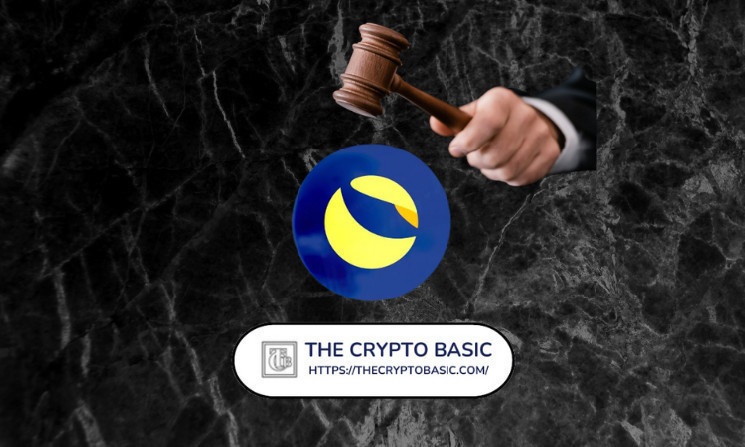TerraForm Labs has officially filed for Chapter 11 bankruptcy protection in the US, with plans being made to continue expanding its Web 3.0 business.
Terraform Labs (TFL), the company behind the embattled crypto project Terra, has filed for Chapter 11 bankruptcy protection following the collapse of its ecosystem assets UST and LUNA in 2022.
Terra Bankruptcy Protection Filing
According to a January 21 filing, TFL filed for bankruptcy at the United States Bankruptcy Court for the District of Delaware. In the filing, the company claimed that its estimated assets and liabilities are currently between $100 and $500 million. Similarly, Terraform Labs estimated that its number of creditors ranges between 100 and 199.
Per the filing, the Singapore-based company stated that it would not require additional financing to fulfill all financial obligations to vendors and employees during the bankruptcy case. It also revealed plans to continue expanding its Web 3.0 business.
It bears mentioning that the Chapter 11 bankruptcy filing is a special form of bankruptcy code in the US that allows firms to continue operating and reorganize their debts. The aim is to establish a plan that will aid in repaying debts and bolster the company’s financial health.
Commenting on the development, TFL CEO Chris Amani commended the Terra community for showing resilience despite the adversity that has befallen the crypto project since 2022. He highlighted the need for the Chapter 11 Bankruptcy filing, emphasizing that the action would enable the company to achieve its goal and find a lasting solution to its ongoing legal battle with US and Korean authorities.
Terra’s Epic Collapse and Legal Woes
Recall that the Terra project suffered a devastating collapse in 2020 that wreaked havoc on the entire crypto market. At least $40 billion in market value was erased after Terra’s algorithmic stablecoin Terra USD (UST) lost its peg to the dollar.
Following the collapse of the Terra project, its founder, Do Kwon, went into hiding but was later arrested in March 2023 in Montenegro. A month before Kwon’s arrest, the SEC had filed civil and securities charges against TFL and the company’s exec.
Both TFL and Kwon failed in their attempt to dismiss the SEC charges using the Ripple verdict. With Kwon still in prison in Montenegro, the SEC trial was postponed to March 25 to ensure that the TFL co-founder appears for the proceeding in person.
At the moment, both South Korean and US authorities are seeking Kwon’s extradition. South Korean prosecutors argue that Kwon deserves to be extradited to the country since he allegedly committed most crimes there. Notably, Kwon could face up to 40-year jail term if extradited to South Korea.
 thecryptobasic.com
thecryptobasic.com
